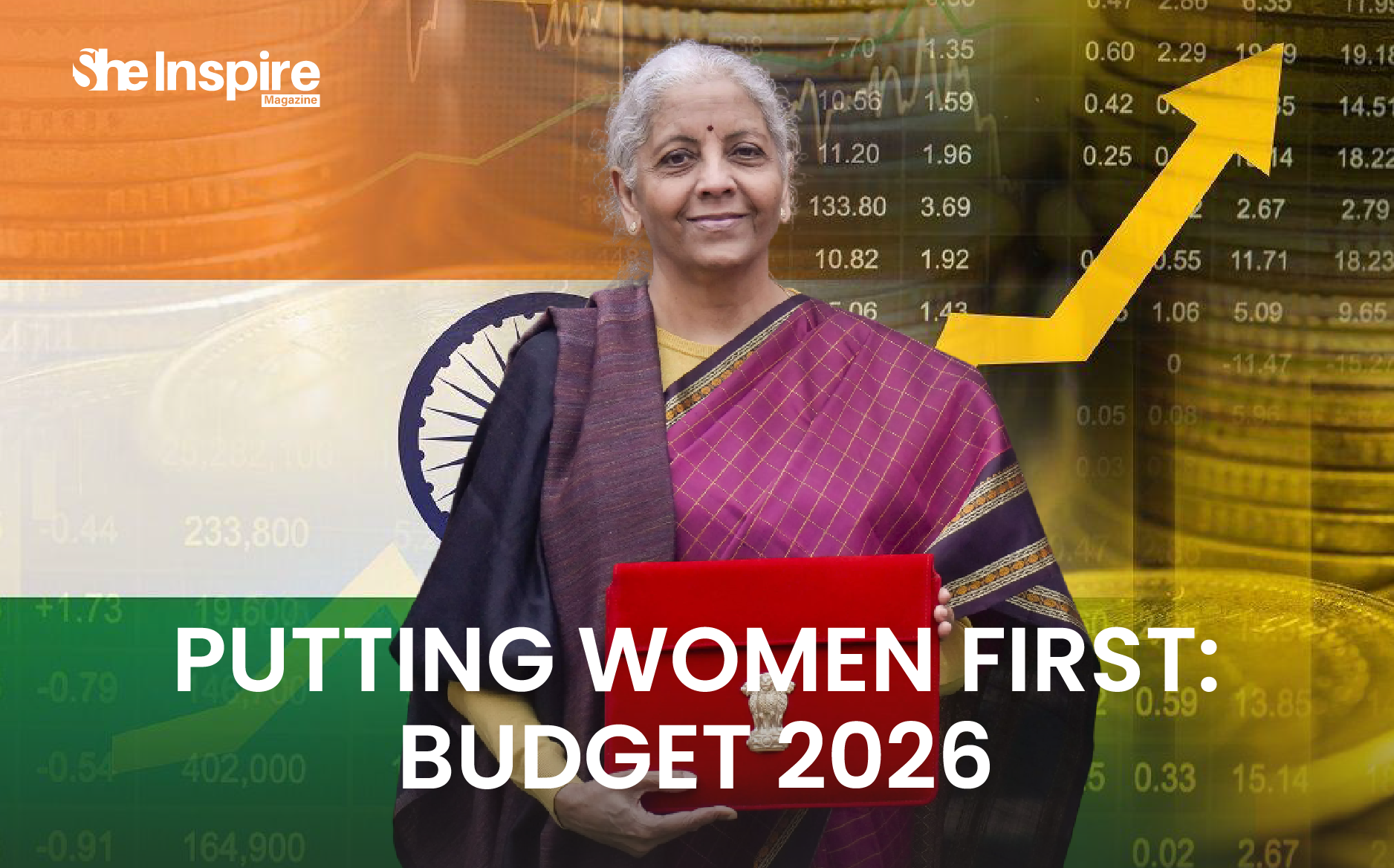Women in Finance: How Female Leaders Are Changing the Financial Industry

In India, like many other fields, finance fields is also a male-dominated field. But as we are in the 21st century like any other field women are also thriving in the finance field as well, like Nirmala Sithraman, who became the first full-time finance minister. Women are breaking barriers and proving themselves in every field, whether it is banking or any other financial sector. In this article, we find how women are transforming the financial industry in India.
Breaking the Glass Ceiling:
The finance leadership roles were solely out of bounds for women for the longest time. Many stories are breaking with the new form of female leadership, like Nirmala Sitharaman is a rather iconic figure who is the first full-time female Finance Minister of India, while Roshni Nadar is the chairperson of HCL Technologies. In addition to holding the position of top leadership, these leaders have also redefined the vision of financial growth and policy-making.
Driving Innovation in Fintech:
Women leaders are changing the face of India's fintech industry. Female entrepreneurs are focused on developing more accessible financial solutions and have come up with digital products and services especially designed to reach markets like rural women and small business owners. For example, Upasana Taku, co-founder of MobiKwik, is one such pioneer in making financial transactions easier for millions of people in the digital payments space.
It is more than leadership, it's the vision of making solutions reach out to a larger audience, and consequently, everyone should have more access to financial services. Fresh perspectives from women in fintech are fueling customer-centric innovations that promote financial inclusion in India.
Promotion of Financial Literacy:
Contributions in terms of their financial literacy, women leaders in finance have made some of the most important. In rural and underdeveloped areas of India, financial empowerment remains the need of the hour. Women leaders have not only contributed to the access to financial services, especially in these regions. Women leaders like Chanda Kochhar, former chief executive of ICICI Bank, have contributed towards more and more economic independence and empowerment through the work regarding the financial literacy of women.
More importantly, institutions like SEWA, which means Self Employed Women's Association and women-headed microfinance institutions have been important for ensuring credit and savings facilities to women, and millions have seen their lives transformed through economic stability and growth opportunities.
Conclusion:
Women have an undeniable influence in India's financial industry, transforming businesses, bringing sustainable and future-looking approaches, enhancing financial inclusion, and incorporating ethics into their investments. This way, they ensure a more sustainable and forward-thinking financial sector, one where millions of people's lives are changed for the good.
The industry will thus become diversified, equitable, and inclusive due to the increase in leadership positions among women. This will lead to better representation of both the economy and society as a whole.



